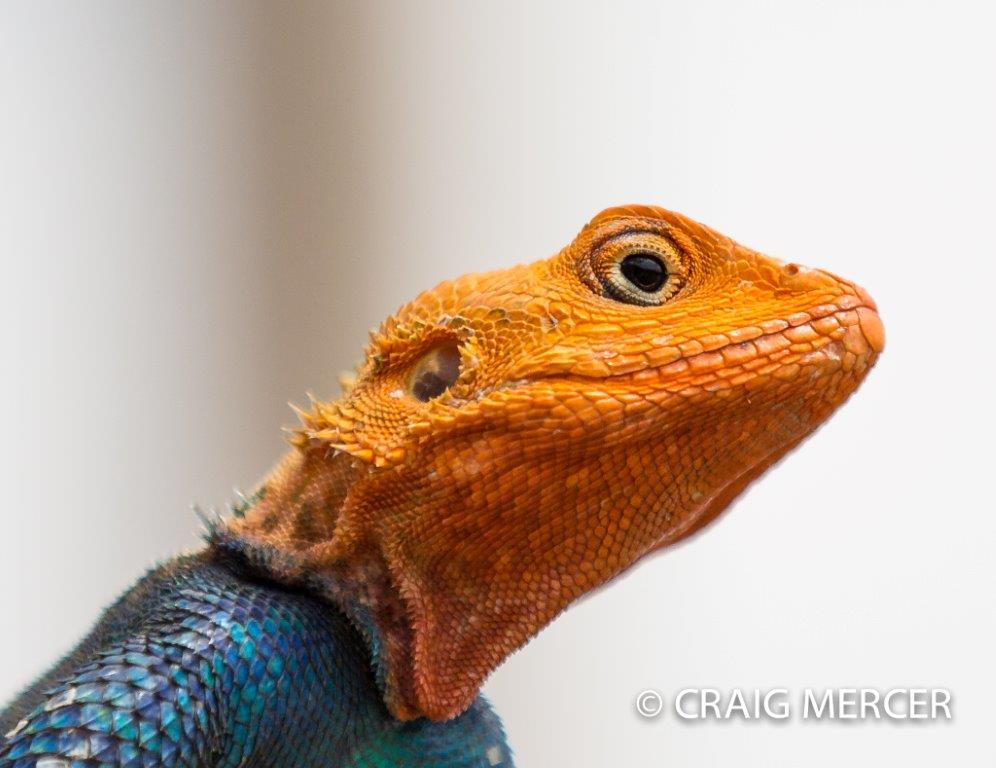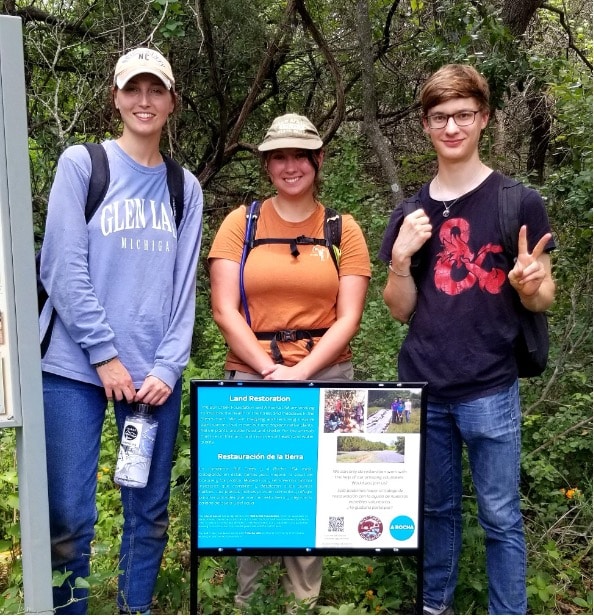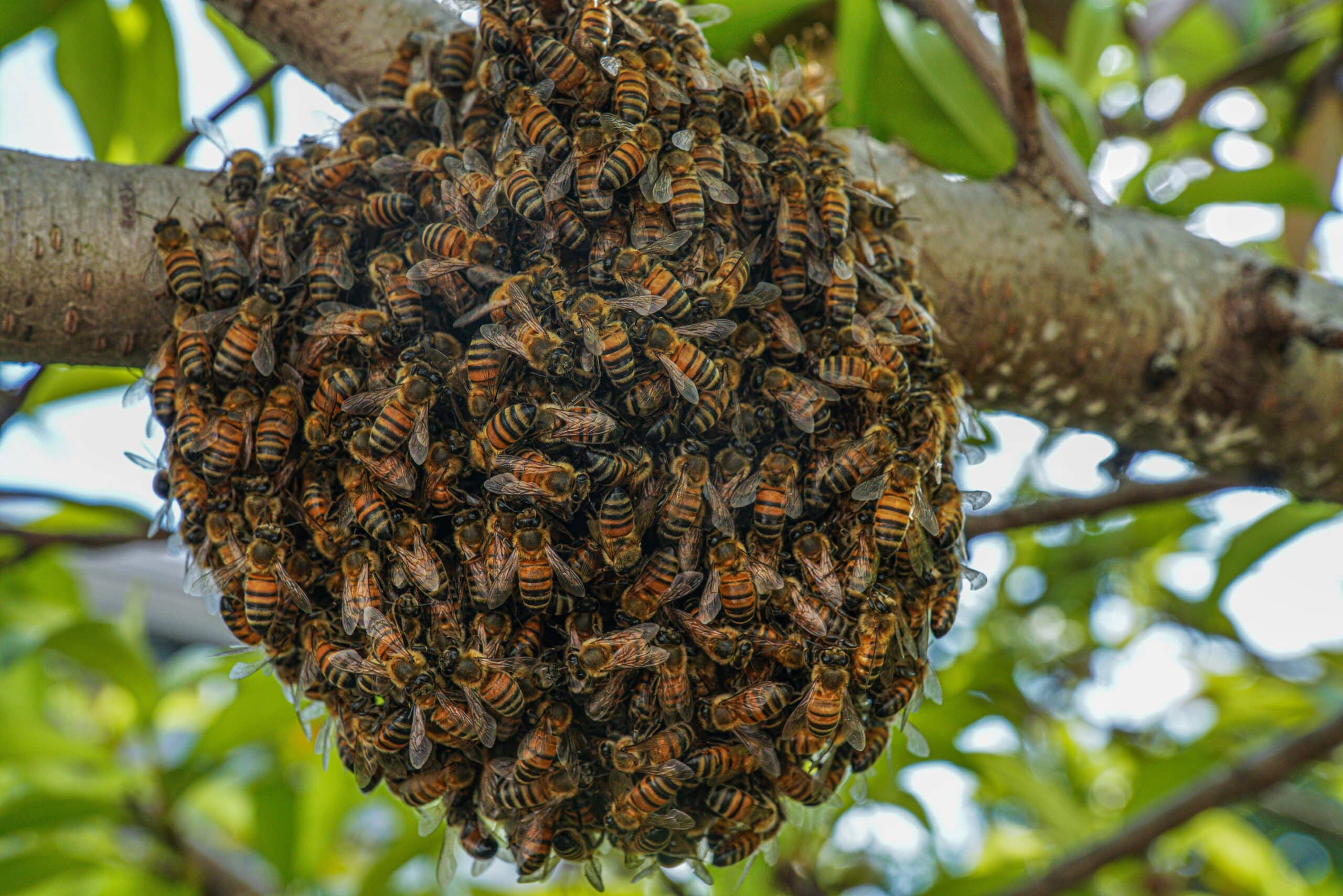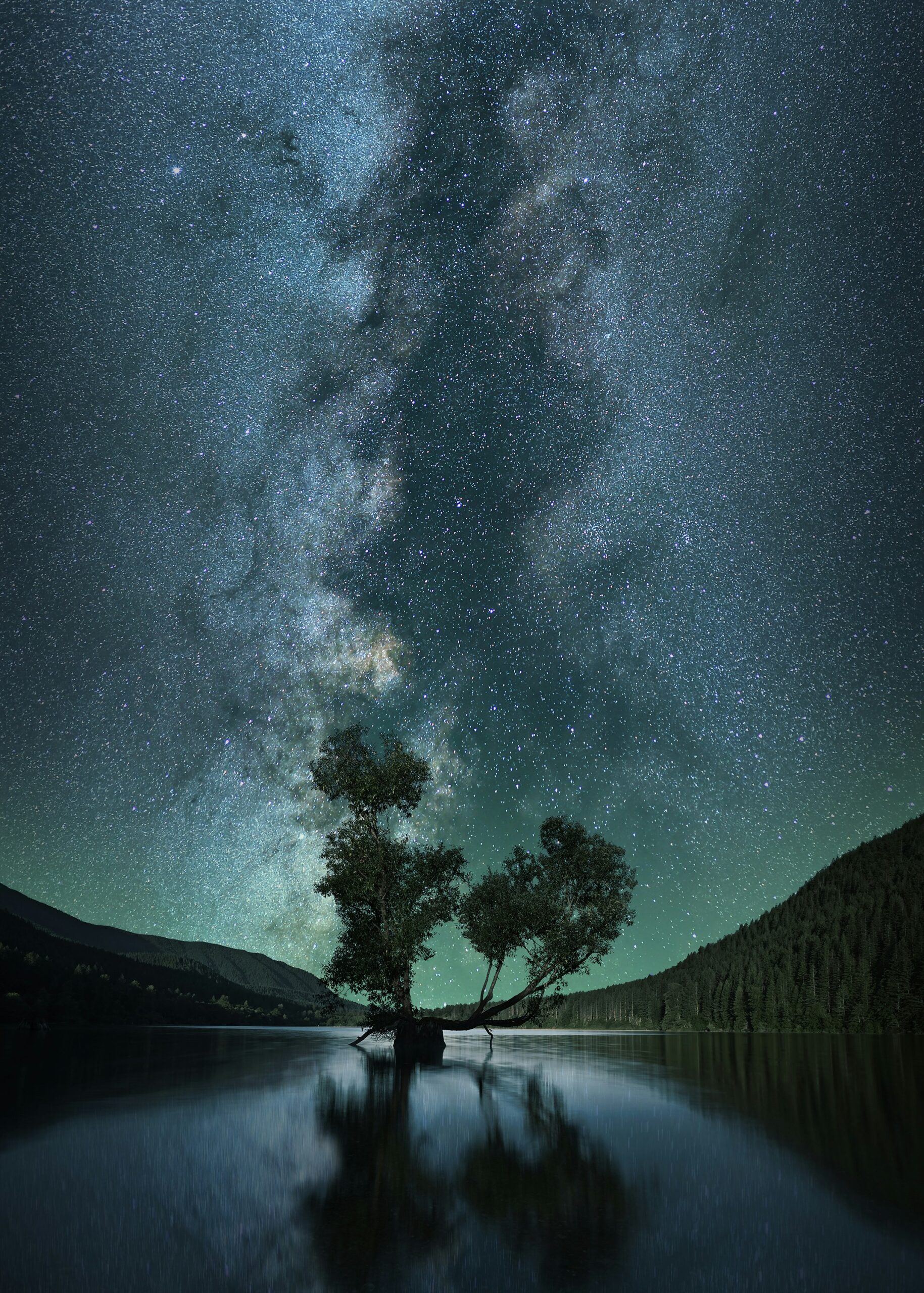Finding our ecological niche
This blog was sparked by a conversation with Dr Darren Evans of Hull University and Dr Andy Gosler of Oxford University.
The book of Proverbs encourages us to seek God’s wisdom above all else and suggests humans are not the only species to which God has entrusted wisdom. In Proverbs 30:24-28 four ‘small but extremely wise’ species are listed: ants, hyraxes (rock badgers), locusts, and lizards. How can such apparently insignificant creatures be wise? What they share in common is that each is well-adapted to its habitat and surroundings: ants know how to work together to store precious food in order to cope with hard times; rock hyraxes are well-suited to their marginal semi-desert habitat; locust populations swarm when food is plentiful and contract when it isn’t; lizards or geckos come even into Kings’ palaces to catch insects. The wisdom of each of these creatures consists in living well within its ecological niche – knowing its place in the order of things.

Every species on earth has its ecological niche – the position within an ecosystem where it can find resources to meet its needs without being outcompeted or destroyed. As humans we are perhaps unique in being able to live in almost any of this planet’s ecosystems. Humans exist in tropical, temperate, arctic, desert, montane and marine environments, adapting and exploiting our surroundings and using tools and technology to meet our needs and wants.
As we have succeeded, so we have moulded the planet to our specific needs. Today over 40% of earth’s land surface is urban or agricultural land [1] serving just one of earth’s millions of species, whilst roads fragment many other habitats too. Whether we look at population growth, energy consumption or pollution, the human footprint is so great that some scientists say we are entering a new geological era, the anthropocene.[2]
Does this mean that humans have no ecological niche, that we are some kind of planetary super-predator? Or, does it suggest that whilst we are successful and may call ourselves Homo ‘sapiens’, we are failing to be wise?
I suggest we do indeed have a niche. It is not so much an ecological as a theological niche. It is nevertheless our place in the order of things, and that is to be the ‘steward species’. Our unique adaptability and power give us a unique responsibility towards other creatures. Scientists tell us that a species’ ecological niche is not simply its place in a habitat but within a community of species. After all, ecology, like theology, is ultimately a science of relationships. Charles Elton said, rather nicely, ‘When an ecologist says “there goes a badger,” he should include in his thoughts some definite idea of the animal’s place in the community to which it belongs, just as if he had said, “there goes the vicar.”’ [3]
Humanity’s niche, entrusted to us in the very first command God gives, in Genesis 1:26-28, is to be the care-taker species, responsible and response-able for the whole ecological community within which we find ourselves. Our Genesis calling to ‘fill the earth’ is not about overpopulating the planet but an invitation to spread into every habitat. The injunction to ‘subdue the earth’ is not inviting selfish domination but sensitive developmental stewardship, serving and preserving through agriculture, technology and conservation, not for our benefit alone but for the equal benefit of every species in the community of creatures that God declared ‘very good’.
When we reflect God’s delight in all his creatures by ensuring the flourishing of healthy ecosystems, we act with wisdom and we truly reflect the image of God. When we live beyond our means, over-consuming and over-populating, we cease to reflect God’s image and act less wisely than those proverbial ants, hyraxes, locusts and lizards.
Endnotes:
[1] Anthony D Barnosky, Elizabeth A Hadly, Jordi Bascompte et al. (2012) Approaching a State Shift in Earth’s Biosphere, Nature, Vol 486: 52-58
[2] Will Steffen, Åsa Persson, Lisa Deutsch et al. (2011), The Anthropocene: From Global Change to Planetary Stewardship, Ambio, Vol 40 (7): 739–761
[3] Elton, Charles Sutherland (2001). Animal Ecology. University of Chicago Press. p.64
We are happy for our blogs to be used by third parties on condition that the author is cited and A Rocha International, arocha.org, is credited as the original source. We would be grateful if you could let us know if you have used our material, by emailing [email protected].




[…] Finding our ecological niche https://blog.arocha.org/post/finding-our-ecological-niche/ […]
[…] Read the original post: Finding our ecological niche | The Planetwise Blog […]
It seems then the challenge for us is to find ways of ‘living within our means’ which is good for all life on Earth. There is an interesting review in Trends in Ecology & Evolution by Bommarco et al. (2013, 28:230-238) on ‘ecological intensification’. In the context of how to feed and resource a growing global population, the authors link ecology and society in a useful way. Their approach however is still very anthropcentric, ignoring the points you make strongly in your blog.
The injunctions to “fufil the earth” and “subdue the earth” need to be taken in the context of why man was created in the first place, namely to glorify God. Too much of our fulfilling and subduing of the earth arises out of selfish motivations: greed and personal pleasure. If we only acted to glorify God, subduing and fulfilling the earth would play the role, ecological and otherwise, that God planned for it.
A niche that isn’t mentioned here (and is too large to cover in a blog response), but would be interesting to cover at some point would be man’s “niche” as the redemptive species, particularly in the light of Isaiah’s prophecy of the peaceable kingdom.
Good comment, Francis. I totally agree about the Genesis mandate being entirely within the context of glorifying God, and reflecting God’s character in how we interact with our fellow creatures. I’ll try and tackle the human role in creation’s redemption another time – it’s an important subject, and I believe we have to be careful to emphasise that we participate in and seek to anticipate God’s redeeming work for all creation, rather than saying that as humans we have any ability to ‘save’ creation by ourselves.
Dave, i wholeheartedly agree that human activities are incapable of saving creation by themselves and that any conservation activity we undertake as Christians must be subjected to and dependent on God’s future plan for creation. At the same time we are instructed to proclaim the Gospel to all creation (Mark 16:15). These two insights guide the conservation work i do.
Isaiah 11:6-9 (the peaceable kingdom) prophesies the establishment of a completely new ecological order. The words in that passage “a little child shall lead them” are particularly striking in that it suggests that this new order will start in the human species but not stop there. At the same time we can see that the major “destroyers” in the present world age are not the large carnivores and poisonous snakes referred to in this passage, but the human species itself. Romans 8:21-22 (creation is groaning) and 1 Corinthians 15:21 (by man came death) are also relevant here. It would be fascinating to explore the idea that followers of Jesus are not only required to be stewards of God’s creation (i.e. preserving the original order) but also have an ecological role to play in working towards the establishment of God’s future order on earth and i look forward to reading whatever you come up with on that subject. How that is played out in practice (bearing in mind our own inability to do anything without God) is, of course, another question that would be intriguing to dip into.